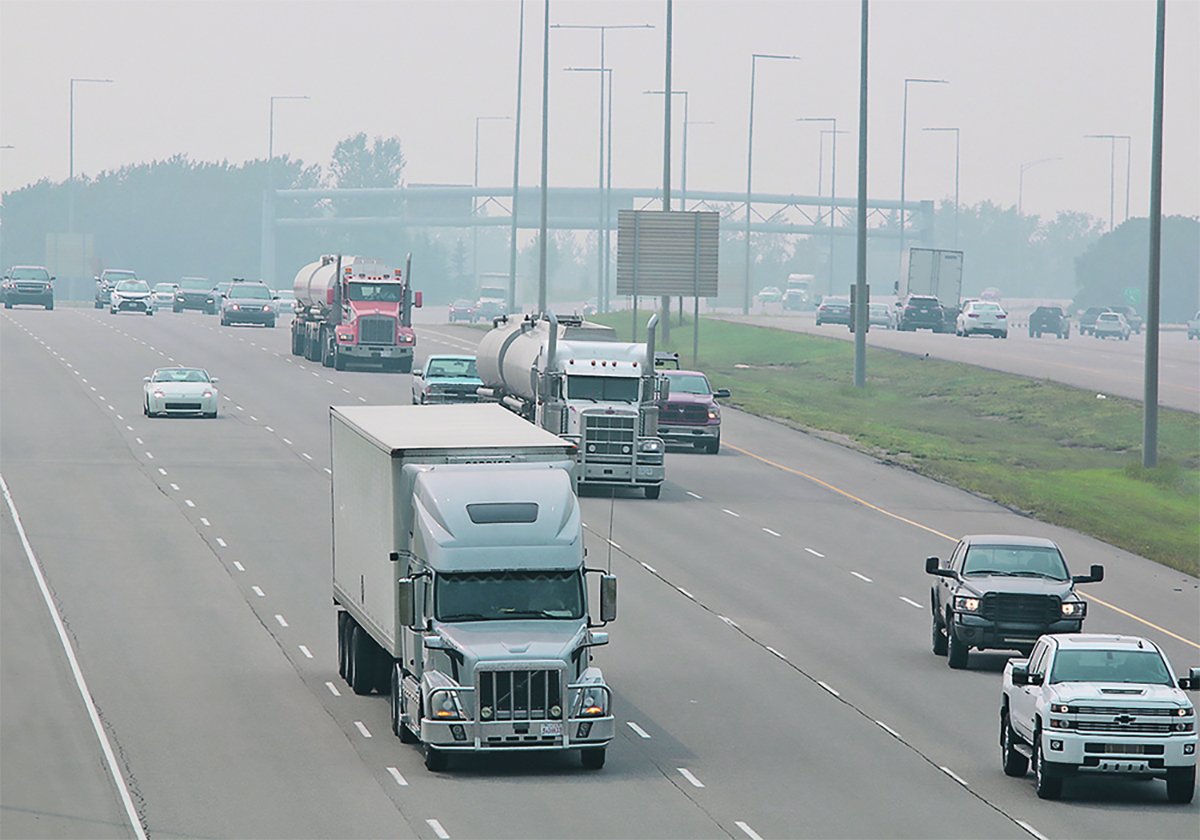MSW, RSW
Small church can survive
Q: Our small rural church has been struggling for the last few years as people leave the community. Our minister is shared with another congregation, yet we are having trouble paying her. Some are talking about closing one of the two churches, so that all of us don’t lose our church. It isn’t a faith crisis. It’s a financial one. How can we resolve it?
A: As a trained lay preacher within the United Church, I have often preached in small rural churches that are struggling to survive. One of them was about to close its doors forever. But a couple of new families moved into the area, so they kept going. In the more sparsely populated areas however, some congregations have dwindled to only a few attendees. This small group can’t afford to even pay for a small portion of a minister’s salary.
Read Also

Alberta cracks down on trucking industry
Alberta transportation industry receives numerous sanctions and suspensions after crackdown investigation resulting from numerous bridge strikes and concerned calls and letters from concerned citizens
There are some creative options. Many years ago the United and Anglican Churches established a Greater Turtle Lake Parish where one person, trained in the United Church or the Anglican Church, provides services and pastoral care to persons of both faiths. More recently, the United Church in Shell Lake, Sask., entered into a joint worship arrangement with the Lutheran Church in that community. They worship together, and currently a retired Lutheran minister serves them part-time.
There is another church near me, Red Deer Hill United, which only meets during the spring and fall. It is difficult to heat the church in winter and everyone is busy farming in summer. A minister from the city comes out for early morning services, and at times I have led the service.
There is also the option of a local congregation leading its own worship. You don’t need a minister to have a church. You just need a community of people who share a common faith. A cleric from an adjoining area may be able to provide some direction and pastoral care when needed.
We need to throw away the old notion that the pastor’s principal job is to give the sermon. The congregation can invite guest speakers, or members can find interesting sermons, either in books or on the internet. I have a number of sermons I have given that I’d be happy to let such groups use.
In winter, when heating costs are high, the small group could car pool (this is important for seniors who may not drive) to the nearest full-time church.
Jesus established a faith community. He didn’t establish a bureaucracy or a fixed structure. Yet, to do some of the things I mentioned, you may need to work through the bureaucracy of whichever denomination is involved. Hopefully, church officials will be swayed more by the spirit found within the gospels than by their manuals.














